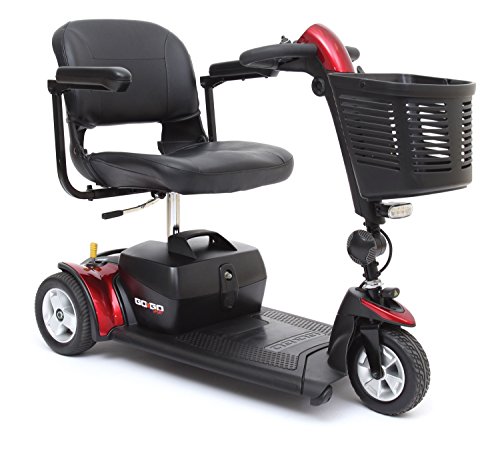12 Stats About Personal Transportation To Make You Think About The Other People

What Is Personal Transportation?
Private transportation is the use of or private transportation vehicles. This includes bikes, cars scooters, unicycles, and even scooters. It can also refer the use of public transportation systems.
Private transportation is a great way to save time and get where you need to go. It's also more comfortable and provides an element of privacy that's not offered in public transportation.
Cost

The expense of personal transportation can be a major expense for many families. It can make it difficult for them to save money or invest in other aspects of their lives. The cost of fuel can also be an expense that is significant. There are ways to reduce your transportation costs.
Despite all the advantages, many people still prefer private transport for their commute. They believe it's the most convenient and comfortable way to get around. Some people prefer traveling with their own chauffeur. This kind of transportation can be more expensive than public transport however it provides more security and comfort.
As EVs benefit from advances in battery technology and charging infrastructure, among other areas the future of personal transport is likely to be electric. EVs are also more accessible and will emit less pollution than conventional cars. This will make it easier for many people to switch from gasoline vehicles to EVs, which will help reduce GHG emissions as well as traffic congestion.
The advantages of public transportation are numerous, and they can be an excellent alternative to private transportation. In comparison to private vehicles mass transit is less expensive and more environmentally friendly. It is also easy to use and comes with cameras to ensure passengers security. It can also assist passengers avoid parking fees and maintenance. The biggest drawback of public transportation is that it may occasionally be slow and unpredictably. Traveling with children or elderly can be difficult. This can lead to delays and missed appointments with doctors.
Time
The time required to complete a personal transportation task can significantly impact the lives of people. For instance, getting to work takes often too much time for those who have busy schedules. People can reduce the amount of time they have to travel by taking a carpool at home, working from home, or living near their work. You can also save time if you walk or ride on a bicycle instead of driving.
The advancement of technology could revolutionize personal transportation. Electric vehicles that have solid state batteries are an example. They offer a longer range and quicker charging times. These technologies also enhance safety and lower traffic congestion by optimizing traffic management. have a peek at these guys are a further technology that makes travel more comfortable and convenient. They can even help people stay in shape by keeping them active.
Privacy
Privacy is an essential element of personal transportation. People who are concerned about privacy prefer to travel in their own cars, instead of using public transportation in which they share their space with strangers. Moreover public transportation is often considered to be less secure than private transportation and can impact the safety of passengers. This is especially relevant for people who are elderly who are more susceptible to safety concerns.
The lack of privacy is an issue for those traveling with children. Being in the same space as other passengers can be stressful for children, and could result in behavioral issues like hyperactivity and aggression. Parents are increasingly choosing private transport to protect their children’s privacy. This can reduce the stress associated with travelling with children as well as the time spent in commuting. This could help you save money on childcare.
Convenience
Personal transportation is an integral aspect of our daily lives. However, the choice you make can affect your health and well-being. It is essential to consider the pros and cons of each option before deciding what mode of travel best suits your needs.
A few people prefer public transportation which is generally less expensive than private transportation and requires less maintenance. In addition it has a lower environmental impact because it doesn't emit as much carbon dioxide per passenger. You can also reduce your fuel and parking costs, and have more convenience and flexibility on your daily commute.
Public transport is not always reliable and come with some dangers. In some cases you may be exposed to crime or fail to get to your destination in time due to weather or mechanical issues. In addition there are many train and bus routes are jammed and it is difficult to move around and unwind.
Private transportation, however, is a great option to travel around in peace and privacy. Private transportation is more efficient than public transportation and you can avoid crowds when you travel in a private car. It is also more convenient than driving a car, as it lets you choose your own route and stop.
Despite these advantages, most people still choose to make their cars their primary method of transport. This could be due to the fact that they are more comfortable or simply because they have a higher price of resale. Electric vehicles (EVs), which are becoming more affordable and simple to charge, could alter the way we travel in the future.
In a recent study researchers at MIT studied the factors that influence people's modal choices. The study found that safety is important however, it doesn't play a large influence on the choice of modal. In reality, the most important factors are availability, speed and cost. This is in line with previous studies of modal choice and is likely to continue in the near future. Additionally, visit the up coming webpage that uses solid state batteries, could further enhance the efficiency of EVs which will allow them to travel longer distances with the same amount of power.
